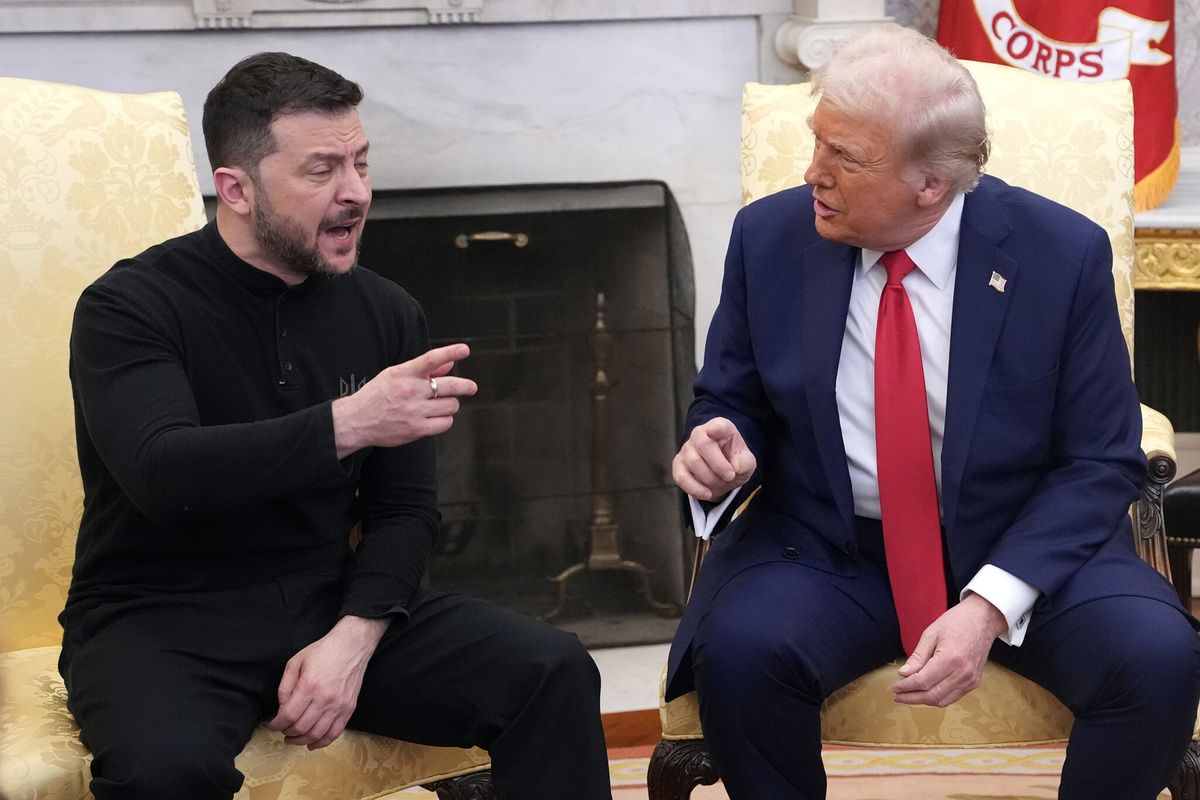Exxon Mobil Chief Rex Tillerson, like almost all post World War II Secretary of State nominees, if confirmed, will come to the job with extensive international experience and a global network of high level contacts. International business experience with its focus on underlying political and economic trends, as in Tillerson's case, involving extensive negotiation with foreign governments, is comparable to preparation for the job provided by prior diplomatic or high level military assignments. His responsibility for keeping Exxon Mobil teams safe and effective in dangerous, austere environments is also a plus in the "post-Benghazi" State Department. (Note: The author has served as an advisor to Exxon Mobil over the past four years)
But in the end, these are only "entry-level" skills that do not guarantee success. Of our 13 Secretaries with more than a one-year tenure since the Kennedy Administration, all had extensive international experience, but only five—Henry Kissinger, George Schultz, James Baker, Madeleine Albright, and Condoleezza Rice—are generally seen as successful, with the jury still out on the current Secretary, John Kerry.
What counts in the end is mastering the mind-numbingly varied, ambiguous, and often contradictory expectations of the job. The Secretary of State‘s most important job is not running a bureaucracy but executing the President’s foreign policy while serving as a top advisor to him. But these core functions are not unequivocally the Secretary’s alone. The President has other options, as seen with President Richard Nixon tasking National Security Advisor Kissinger with sensitive diplomatic missions, such as opening diplomatic relations with China. The new Secretary’s “job one” will be to earn the President’s trust to carry out key policy goals, as Kerry did with President Barack Obama on the Iran nuclear talks.
Beyond this, the Secretary’s “to do” list begins with understanding the job, managing four sets of relationships—his staff, foreign officials, administration colleagues, and the congress and public—and focusing vigorously on those issues that really matter. The internal management of the State Department’s vast foreign policy programs—technical, economic and security assistance, arms transfers, visa programs, protecting American citizens—is important. But the Secretary’s role will center not on that but on the few truly key Administration priorities, as well as coordinating a large number of important policies involving “hard power” owned by others, from the Defense Department to the CIA with its covert programs and on to Treasury and the Trade Representative.
His primary tool is his Ambassadors. Technically under the President but through the Secretary of State, Ambassadors coordinate all U.S. programs overseas, with some military exceptions. Moreover, with his extensive staffs, the Secretary has more insight into all aspects of foreign policy implementation than any other Administration official. But he must draw on his staff expertise and use it tactfully in areas that other people lead, for example, trade and the use of the military. Finally, while the Intelligence Community is the White House “go-to” for information generally speaking, a successful Secretary has to be the predictor, and sometimes defender, of actions by foreign leaders.
To support all this, his first interpersonal relationship, beyond the president, is his key staff. State’s operational culture is loose: his primary policy implementers are not the host of Deputy and Under Secretaries and senior special emissaries, but rather fourth level Assistant Secretaries in the geographic and UN bureaus, equivalents of Defense’s combatant commanders. These staffs, if good, will multiply the Secretary’s power. If not, they will drag him into endless turf battles and policy belly flops. Finally, he will need a “Red Team” approach to obtain alternative information, challenge the bureaucracy’s solutions, and help move decisions more rapidly than the formal State system can.
His next relationship priority is foreign contacts, beginning with the foreign ministers of the top G-20 nations, other key country officials, as well as heads of international organizations, such as the UN, NATO, EU, OAS, and OAU. Without encroaching on the President, the Secretary must also deal with heads of government in states critical to U.S. interests. Tillerson’s relations with top level leaders worldwide, from Russia to the Middle East, are exceptional.
Also important are relations with his National Security Council peers, most importantly the Secretary of Defense and the National Security Advisor.
Finally, the Secretary must maintain ties with Congress and American society. Policies, however well-crafted, that lack congressional and popular support, usually don’t succeed.
In the policy realm, the secretary, together with the President and the rest of the National Security Council, must first determine what the nation’s foreign priorities are, and how State advances them. This is extraordinarily important as the President-elect has little foreign policy experience and unconventional views on traditional policies. Polls show considerable public unease with those policies.
The core question is whether to keep leading the global security-economic-values system which the U.S. and allies put in place during World War II and sustained since. Only when the Administration knows where it wants to be with that system, can it respond to those nations—such as Russia, China, Iran, and North Korea—who challenge it. Dealing with Islamic terror, while urgent, does not demand the same review; the threat is less existential, and the overarching strategy towards it is well-established and not fundamentally challenged.
Once the outlines of a grand strategy are set, the Secretary will have to determine how to focus energy on that handful of game-changing initiatives, leaving 99 percent of his work to subordinates (while ensuring they do not flub Benghazi-like challenges while he is otherwise occupied).
Finally, if a Trump Administration actually pursues policies, from trade and climate change to human rights and Russia, that deviate from those of most of America’s major trade and security partners, the Secretary will have to “balance” these specific policies with the need for those partners’ support.











